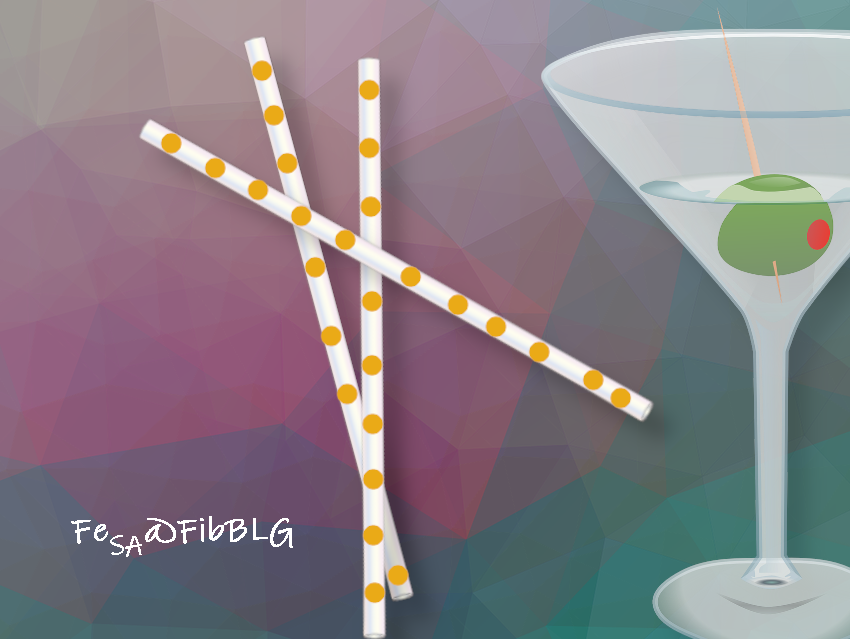Jiaqi Su, ETH Zurich, Switzerland, and Ghent University, Belgium, and Raffaele Mezzenga, ETH Zurich, Switzerland, and colleagues have developed a protein gel, a biomimetic-nanozyme amyloid hydrogel, that breaks down alcohol in the gastrointestinal tract. In a mouse study, the gel efficiently converted alcohol into acetic acid before it entered the bloodstream, potentially reducing alcohol’s harmful and intoxicating effects.
The gel shifts alcohol metabolism from the liver to the digestive tract. Unlike alcohol metabolism in the liver, it avoids the production of toxic acetaldehyde. In the future, the gel could be taken orally before or during alcohol consumption to prevent blood alcohol levels from rising and acetaldehyde from causing harm.
To create the gel, the researchers used milk proteins (β-lactoglobulin), which were boiled for several hours to form long, thin fibers (β-lactoglobulin (BLG) amyloid fibrils), and then combined with salt and water to bind into a gel. The advantage of a gel over other dosage forms is that it is very slowly digested.
Iron is used as the main catalyst for alcohol degradation. It is distributed on the protein fibers’ surface to form a single-site iron-anchored BLG fibrils (FeSA@FibBLG) catalyst. The nitrogen naturally found in BLG fibrils combines with iron ions to create functional Fe–N–C active sites.
Small amounts of hydrogen peroxide are needed. To mitigate potential damage to the digestive tract from direct H2O2 ingestion, a biomimetic cascade catalysis system was designed by integrating gold nanoparticles (AuNP-attached to FeSA@FibBLG amyloid hydrogel to form FeSA@AH) for onsite and sustainable H2O2 generation from glucose.
The researchers tested the gel’s effectiveness in mice given a single dose of alcohol and in mice given regular doses of alcohol for ten days. After a single alcohol dose, the gel reduced blood alcohol levels by 40 % in 30 minutes and by 56 % in five hours compared to the control group. The mice also had better blood values.
The mice given alcohol and the gel for ten days showed less weight loss, liver damage and, therefore, better fat metabolism in the liver, as well as better blood values. Other organs and tissues of the mice whose damage is associated with chronic alcohol consumption also showed less alcohol-induced damage, according to the researchers.
The researchers have filed a patent for the gel. Clinical trials are needed before it can be approved for use in humans.
- Jiaqi Su, Pengjie Wang, Wei Zhou, Mohammad Peydayesh, Jiangtao Zhou, Tonghui Jin, Felix Donat, Cuiyuan Jin, Lu Xia, Kaiwen Wang, Fazheng Ren, Paul Van der Meeren, F. Pelayo García de Arquer & Raffaele Mezzenga, Single-site iron-anchored amyloid hydrogels as catalytic platforms for alcohol detoxification, Nature Nanotechnol. 2024. https://doi.org/10.1038/s41565-024-01657-7



